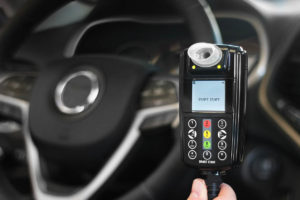The recent Government decision to crack down on so-called ‘welfare cheats’ has resulted in an important legislative amendment that has implications for every person in receipt of social security payments or in possession of a concession card. These amendments relate to the way a court will interpret section 135.2 of the Criminal Code.
Section 135.2 of the Criminal Code deals with ‘obtaining financial advantage’ and provides that a person will be guilty of an offence if they engage in conduct that results in obtaining financial advantage, for the benefit of themselves or another person, at the expense of the Commonwealth government (Centrelink) where they know or believe that they are ineligible to receive this financial advantage. The maximum penalty for this offence is a term of imprisonment of 12 months.
Recent changes have occurred to the way this section will be interpreted by a court. In 2011, the High Court determined that the section imposed no criminal liability where the financial advantage was obtained by an omission (that is, by a failure to inform Centrelink of a change in circumstances that might affect entitlements) because there was no legal duty to report the change in circumstances. Before the decision of the High Court was handed down, however, the Commonwealth Government enacted section 66A of the Social Security (Amendment) Act 1999. This section imposes a legal duty on any person who has applied for, currently receives, or has in the past received, social security payments or a concession card to report any relevant change of circumstances to Centrelink within 14 days of that change. Furthermore, the effectiveness of the provision has been backdated to 20 March 2000, meaning it applies to any breach of section 135.2 of the Criminal Code since that date.
What does this mean for people receiving Centrelink payments or holding a concession card?
The enactment of this provision means that if a person fails to report a relevant change of circumstances to Centrelink within 14 days of it occurring and, as a result, obtains a financial advantage (such as receiving extra payments) which they know or believe they are ineligible to receive will have committed an offence under s135.2 of the Criminal Code and may be liable to prosecution and a term of imprisonment of up to 12 months.
Are there any defences available?
The Commonwealth Government has tried to ensure that people do not receive benefits to which they are not entitled and, if they do, that they are punished in addition to being required to repay the benefits. As a result, it is no defence to a charge under section 135.2 of the Criminal Code that the person failed to inform Centrelink of a change of circumstances, rather than engaging in conduct with the specific intention of receiving benefits to which they were not entitled. As a result, the only available defence is that the person committing the offence did not know, or did not believe, that they were ineligible to receive the benefit they received.
The overall result of these legislative changes is that any person in receipt of social security benefits or who has a concession card must be very careful to inform Centrelink of any change in circumstances that might affect their eligibility for these benefits within 14 days of that change occurring, or risk being convicted for fraud and subject to a term of imprisonment.
This article is not specific legal advice and is not intended to be relied upon in any way. If you require specific legal advice, contact Matthew Unwin on 1300 HCD LAW or by completing an online inquiry form.








